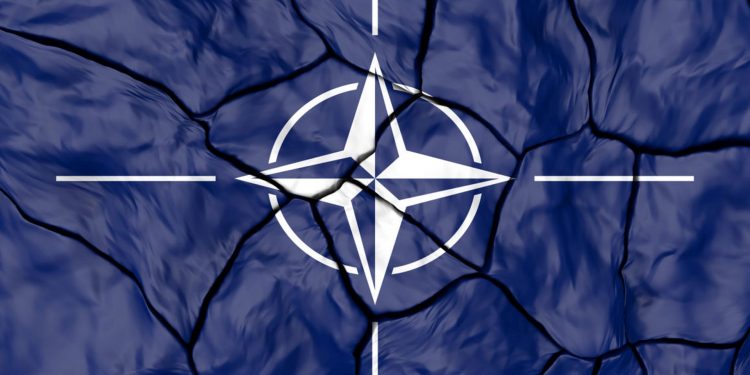Finnish and Swedish leaders will discuss their stalled NATO bids with Turkish President Recep Tayyip Erdogan on Tuesday at the start of an alliance summit in Madrid, Helsinki said on Monday.
But Turkey said the four-way meeting, which will also involve NATO chief Jens Stoltenberg, did not mean that Ankara was close to lifting its objection to the two Nordic countries joining the military bloc.
The Finnish presidency said the four leaders will meet in Madrid, before the start of the alliance’s summit, which will focus on Russia’s invasion of Ukraine.
The meeting “will be preceded (Monday) by a round of talks between Finnish, Swedish and Turkish officials hosted by NATO in Brussels”, the Finnish presidency said.
Russia’s invasion of Ukraine earlier this year saw the two Nordic countries abandon decades of military non-alignment by applying for NATO membership in May.
But the joint membership bid, initially believed to be a speedy process, has been delayed by objections from NATO member Turkey.
Ankara has accused Finland and Sweden, in particular, of providing a safe haven for outlawed Kurdish militants whose decades-long insurgency against the Turkish state has claimed tens of thousands of lives.
The Turkish leader has also called on Sweden and Finland to lift arms embargoes imposed against Turkey in 2019 over Ankara’s military offensive in Syria.
Erdogan signalled on Saturday that no progress had been made in Sweden’s bid to join NATO, urging Stockholm to take “concrete actions” to meet Ankara’s concerns.
Turkish officials said Ankara does not view the summit as a final deadline for resolving its objections.
Erdogan’s chief foreign policy adviser said Tuesday’s four-way meeting did not mean that an agreement was imminent.
“Participating in this summit does not mean that we will step back from our position,” Ibrahim Kalin told HaberTurk channel.
“We are conducting a negotiation. It has many stages.”
Kalin said Finland and Sweden needed to make “serious changes” to their laws “and constitution” targeting outlawed Kurdish militants.
“We want you to show the same change against the PKK and its affiliated YPG, PYD and similar structures,” he said in reference to Kurdish groups operating in Syria and Iraq.











